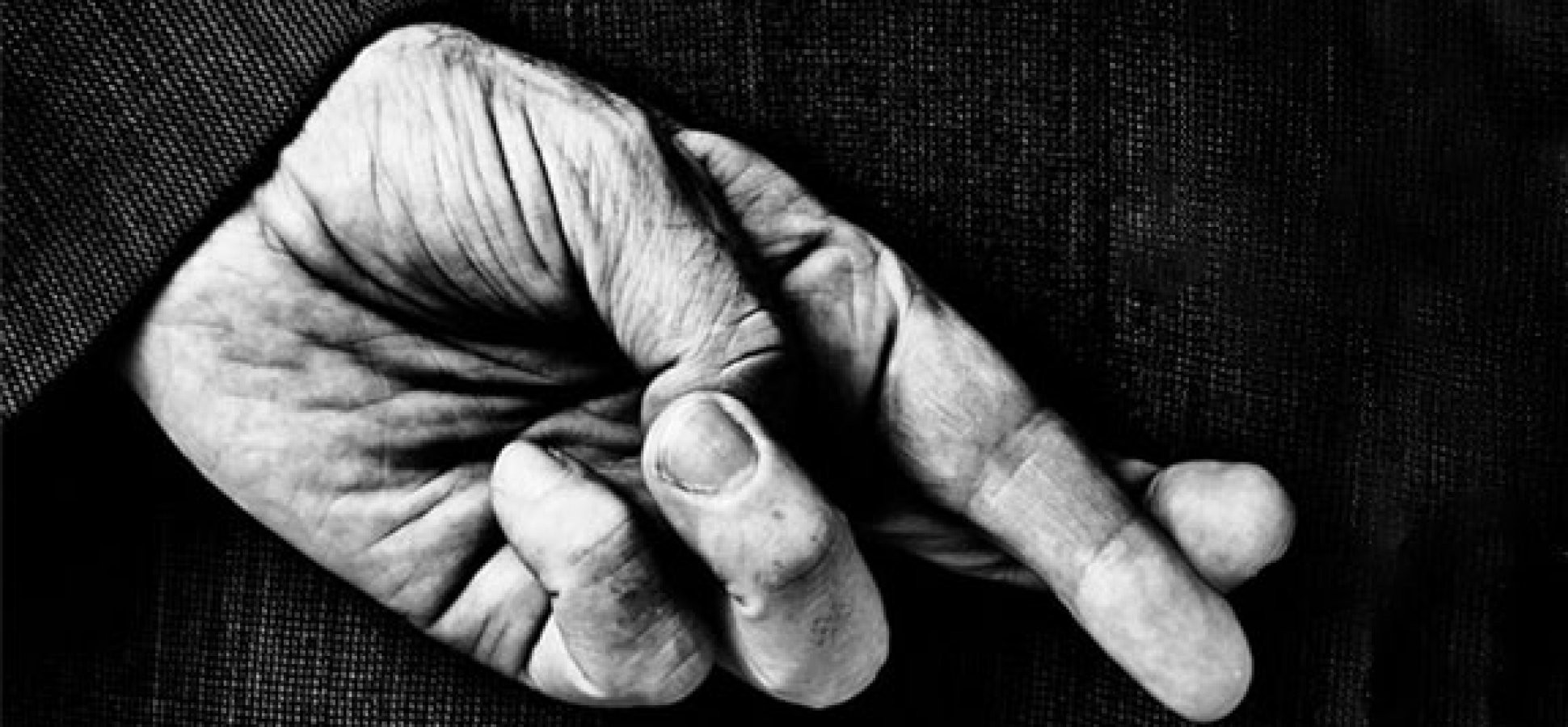
New research, conducted by the University of Copenhagen, suggests that how people tape and swipe when they’re using their smartphone is an indication of whether or not they’re being dishonest. This is incredibly interesting to me. And could be used in ways that are unimaginable. Researchers suggest that this kind of technology could be incorporated into apps for things like insurance claims or even tax returns. While this is pretty scary for people who aren’t being honest, I think this is quite the technological breakthrough for agencies who are trying to prevent fraud.
So how does this work exactly? It’s based on three simple things – how long you take to answer a question, how much pressure you apply and how much hand movement you use. As someone who uses a lot of hand movement, I am not sure how accurate this is. I’m not saying that I am lying, or that I’m dishonest, but I am an animated person. And I’m sure that I’m not the only one. It’s interesting how this kind of approach is applied. By that, I mean, they take a scenario (which I will share below) and they can determine based on this, whether or not someone is lying.

In one study, participants were asked to either lie or tell the truth about a color shown on the screen of their phones. The liars took longer on average to respond. In another test, a person received money and was told to split it with a second person. When given the option to lie about the amount received, however, people generally took more time before entering the amount to give away.
In the last study, participants played a mobile dice game. Players weren’t encouraged to lie but were rewarded based on their reported score, making it profitable for them to do so. The researchers found that truthful entries were tapped closer to the center of the screen and with more pressure. Dishonest players used more hand movement than honest players.

In the second test, could the person have been doing the math calculation to make sure that they were giving them the correct amount? Why are we so quick to assume that they were lying? The third study hardly seems fair as they were being encouraged to lie. I guess where I’m going with this is that these studies don’t necessarily seem “fair”. And by fair, I mean, they are trying to get people to lie, instead of testing people to be honest.
Researchers, however, say that these experiments show that this approach shows similar results to that of polygraph tests. Those can be a useful indicative tool, but neither can be relied upon in the long run. The piece also outlines other technology being used for the same purpose, including a system that can measure blood pressure and heart rate, two things used in polygraph tests, using nothing more than a camera coupled to an AI system.
I am not sure that I am completely convinced that this is going to tell us who is lying and who isn’t, but I am interested to see if this gets used by any organizations, like those listed above, to see if people are lying on their taxes, for example.



